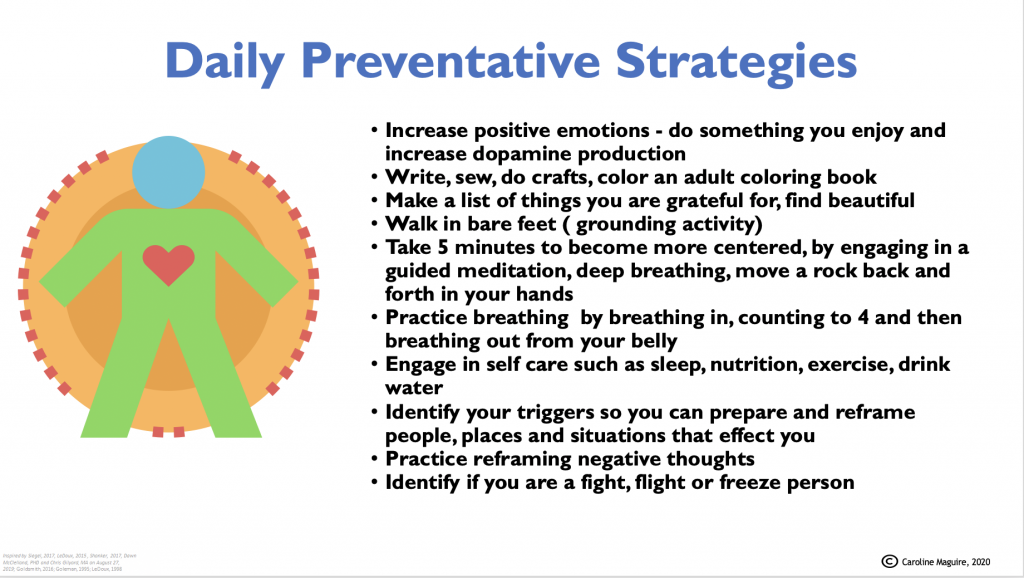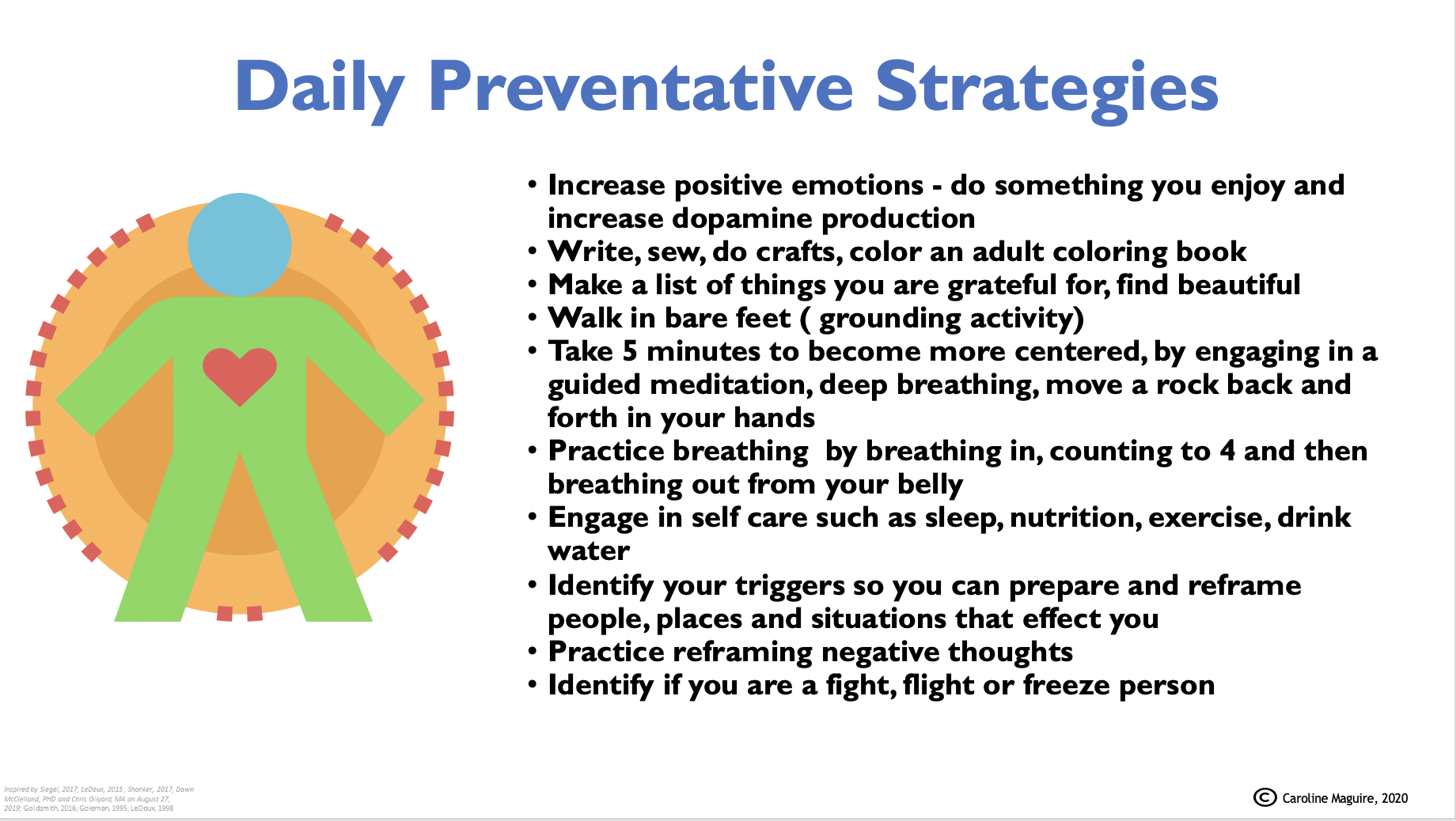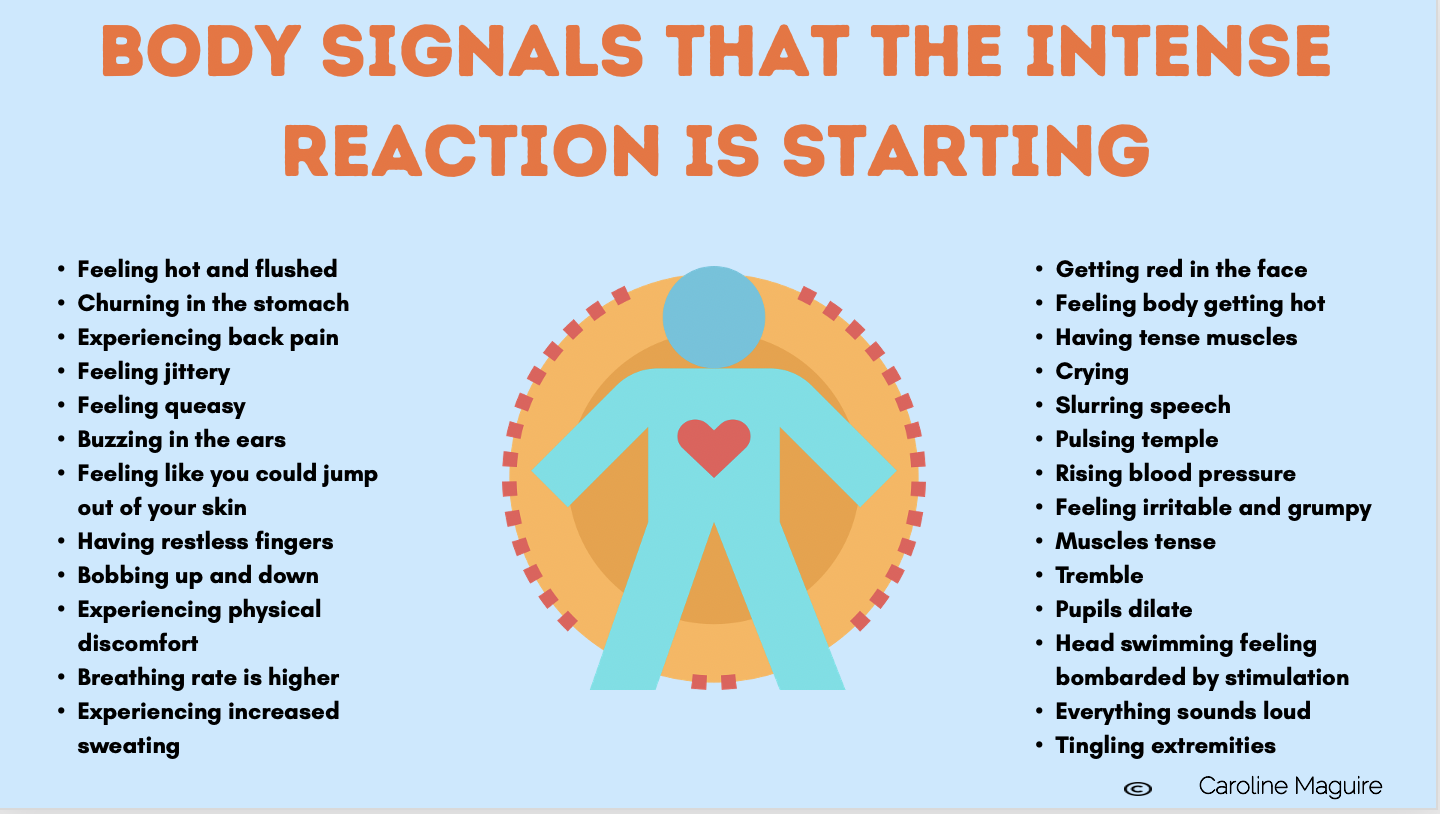10 Things To Calm YOU Down When Raising Kids With Executive Functioning Challenges

Raising Kids With Executive Functioning Challenges
Building strategies to help you calm down, thinking and wise in the moment – even when your child is reacting, melting down or seems oblivious to something urgent and necessary – is paramount. Weak executive function means your child may be immature and might struggle with social and academic realms. Your child’s frontal cortex development may be 3 years behind neurotypical children. Raising these kids can be rewarding, yet it also means you as a parent often have to be less reactive and more responsive when guiding your child.Does any of this sound familiar? Your child:
- Does her homework but she does not turn it in.
- Polks someone so much on the bus that you have to apologize to the child’s parent.
- Spaces out during class and misses the key information so you have to teach her the material rather than writing your critical report.
- Melts down like a toddler, yells at you in rage or hides in the basement.
Raising children with executive function challenges can be draining. It is important to build your own internal resources so you can respond to your child or teenager in a way that makes you an effective parent.
10 Things To Calm YOU Down When Raising Kids With Executive Functioning Challenges
- Have a mantra – Reminding yourself that you are in control and that your child truly is doing the best they can – most of the time. A manta such as “they would if they could” or “this is a long term journey” Or “I’m in the middle of something tough, but I can do this!”
- Breath – Breathe in and out eight times, or set the timer on your phone and breathe until you feel calmer. Say something to yourself that helps you regulate your anger. When parents are angry it is like throwing kindling onto a fire. Read more on the benefits of the pause.
- Take a break- Don’t be afraid to say you need to take a break and that you cannot give any answers right now or discuss the issue further. Some children or teens will follow you around campaigning for an answer but you do not have to give them an answer on.
- Create daily calming rituals – Your cup needs to be filled in order to support your child. Actively create daily practices that you can draw on to relieve stress. Simple rituals that will allow you to work with your five main senses will calm you down when you are beset with a racing mind, insomnia or general worry. Rituals can include: mindful listening, self-massage, vision boards, and tea ceremonies.
- Identify your own body signals – Our bodies tell us when we are becoming heated. When you are experiencing an emotional reaction, signals in your body and mind will let you know a reaction is brewing. If you pay attention to these physical signs, you are better able to enact coping strategies and remain calm. Learn your signals so you know when you are losing control. Is your face turning red, do you breathe heavily, clench your fists? Recognize the signs and practice self control. (See chart above for common body signals).
- Reframe negative self talk – Recall that your child would do better if they could. Walk around the block and remind yourself that their struggles are real.
- Think of all your child’s strengths and positive qualities – It can be easy to concentrate on their tough traits at times, but reminding yourself that they are funny, sweet, kind, thoughtful and creative will help put things back into perspective.
- Visualize a Peaceful, Calm and Favorite Place – Do you love the beach, a quiet reading nook, or a walk in nature? Get yourself mentally in this peaceful place when your running low on empathy.
- Drink a hot and comforting beverage – Tea ceremonies are a great way to relax. Schedule a tea or hot beverage break into your day or run for the tea kettle when things get hot. Better to have hot tea than a hot head!
- Sing a song – I personally think that singing in your head can be more effective, and more considerate, than out loud. When songs are in our head, we don’t worry if we have all the words, if our tone is off or if we are annoying others. It is a great way to be present and to calm yourself down.
DO This At Home!
There are Lots of Ways to Build Social Skills at Home.
It’s a journey, and consistency is the key. Parents should find comfort in knowing that all children benefit from patience and nurturing . For scripts, tools, advice and actionable exercises on helping children develop social skills, check out Why Will No One Play with Me?Social Skills Deeper Dive
More actionable advice, exercises and videos can be found in the Store







